Barbecue might be America’s favorite flavor, but a lot of what we toss on the grill would raise major red flags—or even break laws—in other parts of the world.
While U.S. cookouts are filled with burgers, brisket, slaws, and sauces, many of the ingredients and techniques we take for granted are flat-out banned in countries across Europe, Asia, and beyond. From hormone-fed meats to explosive cooking methods and controversial additives, American BBQ fare is often at odds with global food safety standards, environmental regulations, and animal welfare laws.
In fact, that plate piled high at your neighborhood cookout could qualify as illegal cuisine just a plane ride away.
Take medium-rare burgers, for example. In the U.S., they’re a badge of beefy perfection. In Canada or parts of Europe? That’s a public health violation. Or that perfectly smoky brisket—made from hormone-boosted beef that the entire European Union has outlawed for decades. Even BBQ sauce, seemingly innocent, can contain flame-retardant-derived ingredients like BVO—banned in Japan and the EU.
Whether it’s GMO corn on the cob, ractopamine-laced pork ribs, or hot dogs laced with cancer-linked preservatives, many of America’s favorite BBQ foods would never make it past inspection elsewhere. And let’s not forget explosive deep-fried turkeys—a uniquely American hazard banned more for public safety than flavor.
This isn’t about shaming backyard traditions—it’s a revealing look at how wildly food laws vary across borders. So before you take another bite of that gooey mac and cheese or slap a cheese slice on your burger, check out these 15 beloved BBQ items that are totally legal in the U.S.—but could get you fined, banned, or even arrested somewhere else.
1. Medium-Rare Hamburgers
The pink, juicy center of a medium-rare burger might be the gold standard at American cookouts, but serving one in Canada or parts of Europe could land you in hot water.
Health authorities in these regions consider undercooked ground beef a serious food safety hazard. Unlike steaks where bacteria remain on the surface, grinding meat distributes potentially harmful bacteria throughout the patty.
Canadian restaurants must cook burgers to 71°C (160°F) internal temperature – effectively well-done. Americans continue enjoying their pink burgers despite the USDA warnings, embracing the risk for that perfect juicy texture.
2. Hormone-Boosted Beef Brisket
That mouthwatering brisket slow-smoking on your neighbor’s pit might contain something Europeans strictly prohibit: artificial growth hormones.
Since 1989, the European Union has banned hormone-treated beef due to potential health risks, including possible links to certain cancers. American cattle often receive hormone implants to grow faster and bigger on less feed – a practice the beef industry insists is safe.
The hormone controversy has sparked decades-long trade disputes between the U.S. and EU. Your Texas-style brisket sandwich would actually be contraband across much of Europe!
3. Creamy Mac and Cheese with rBGH Dairy
That gooey, comforting mac and cheese sitting alongside your ribs likely contains dairy from cows treated with recombinant bovine growth hormone (rBGH). This synthetic hormone boosts milk production in dairy cows but is banned in Canada, the EU, Japan, and Australia.
Critics worry about animal welfare issues and potential human health impacts. American dairy producers aren’t required to label products from rBGH-treated cows. Your favorite BBQ side dish with its velvety cheese sauce might be perfectly legal here, but would violate food regulations in over 30 countries worldwide.
4. Ractopamine-Laced Pork Ribs
Those fall-off-the-bone ribs at your family cookout likely came from pigs fed ractopamine, a growth drug banned in over 160 countries including China, Russia, and the entire European Union.
The FDA approved this feed additive that helps produce leaner pork faster, but other nations worry about its effects on human heart health. China has zero-tolerance for any trace of ractopamine, rejecting entire shipments of American pork that test positive.
Most American pork producers continue using it because it improves efficiency. Your finger-licking BBQ ribs would be illegal in most of the developed world!
5. Secret-Ingredient BBQ Sauce with BVO
That tangy, store-bought BBQ sauce might contain brominated vegetable oil (BVO), a food additive banned throughout Europe and Japan. Originally patented as a flame retardant, BVO prevents flavor oils from separating in some processed condiments and beverages.
Health concerns include potential thyroid problems and neurological development issues. Major American soda companies have removed BVO from their products, but it still lurks in some packaged sauces and marinades.
Europeans would find certain American BBQ sauce brands illegal due to this controversial ingredient that keeps oil-based flavors suspended.
6. Sweet Hamburger Buns Loaded with HFCS
Those pillowy-soft burger buns at American cookouts typically contain high-fructose corn syrup (HFCS), an ingredient many countries restrict or discourage. The UK, France, and other European nations limit HFCS use due to concerns about obesity, diabetes, and liver damage.
American food manufacturers love HFCS because it’s cheaper than sugar and extends shelf life. The average American consumes about 50 pounds of HFCS annually! Many countries consider our level of HFCS consumption dangerous, and some traditional European bakeries would never dream of adding corn syrup to their bread products.
7. Cancer-Linked Hot Dogs and Sausages
The centerpiece of many American BBQs – hot dogs and sausages – contain preservatives strictly regulated or banned in Norway and parts of the EU. American processed meats often include sodium nitrite and sodium nitrate, which form potentially carcinogenic compounds when cooked at high temperatures.
The World Health Organization classifies processed meats as Group 1 carcinogens. Many European countries mandate lower nitrite levels than allowed in the U.S. Some health-conscious Americans now seek out nitrite-free hot dogs, though critics argue these alternatives often use celery powder, which naturally contains… nitrates!
8. Indoor Charcoal-Grilled Feasts
Moving the BBQ indoors during bad weather might seem practical, but indoor charcoal grilling is actually illegal in many European and Asian countries. The reason? Deadly carbon monoxide poisoning risk.
Every year, Americans die from using outdoor cooking equipment inside, yet specific laws banning the practice are less common here. Countries like Japan have strict regulations after experiencing tragic deaths from indoor charcoal use.
While the food itself isn’t illegal, the cooking method would violate housing codes and safety regulations across much of the world – something many Americans don’t realize when they fire up grills in garages.
9. GMO Corn on the Cob
That sweet corn roasting on American grills is increasingly likely to be genetically modified – something that would make it illegal to grow or sell in much of Europe. While not all U.S. sweet corn is GMO, approximately 92% of all corn grown in America contains genetic modifications.
The EU maintains strict regulations on GMO crops, requiring extensive safety testing and clear labeling. Many European countries have outright bans on growing genetically modified corn varieties. Americans consume GMO corn in everything from grilled corn on the cob to cornbread without mandatory labeling, while Europeans consider this a fundamental right-to-know issue.
10. Plastic-Like American Cheese Slices
Those perfectly melty orange squares draped over burgers wouldn’t legally qualify as “cheese” in countries like France or Switzerland. American processed cheese slices can contain as little as 51% actual cheese, with the rest being emulsifiers, preservatives, and other additives.
Switzerland’s strict cheese regulations would classify our beloved burger topping as “cheese food product” at best. Traditional cheese-producing nations protect their dairy heritage with rigid definitions.
Americans consume nearly 5 pounds of processed cheese per person annually, embracing its consistent melt and extended shelf life despite its questionable dairy credentials abroad.
11. Liquid Smoke-Infused Marinades
The shortcut to smoky flavor – liquid smoke – faces tight restrictions in the European Union due to potential cancer risks. This popular American ingredient, made by capturing and condensing real wood smoke, contains compounds called polycyclic aromatic hydrocarbons (PAHs) that worry health authorities.
American BBQ enthusiasts liberally use liquid smoke in marinades, sauces, and even direct food applications. The EU permits it only in tiny amounts with specific warning labels. Traditional BBQ purists might scoff at liquid smoke as cheating, but its convenience has made it a pantry staple in America despite being heavily regulated elsewhere.
12. Pink Salt-Cured Smoked Meats
The telltale pink color in American smoked brisket and bacon comes from sodium nitrite (pink curing salt), an additive restricted in several European countries. This preservative prevents botulism and gives cured meats their characteristic color, but also forms potentially carcinogenic nitrosamines when cooked at high temperatures.
Countries like Denmark strictly limit nitrite levels far below U.S. standards. The American BBQ tradition of long-smoked meats often relies heavily on these curing agents. The deeply smoky, pink-tinged “smoke ring” prized by U.S. pitmasters sometimes comes from these controversial additives rather than just the smoking process itself.
13. Fancy Foie Gras BBQ Sliders
Upscale American BBQ joints serving foie gras sliders would face legal consequences in the UK, India, and even California (at various times). This controversial delicacy comes from force-fed ducks or geese, a practice banned in many places due to animal cruelty concerns.
While not a traditional BBQ item, foie gras has found its way onto trendy grill menus as fancy sliders or alongside smoked meats. The production method – not the food itself – drives the bans. American chefs continue serving foie gras in most states despite protests, while many countries have decided the ethical costs outweigh culinary tradition.
14. Farm-Fresh Raw Milk Coleslaw
That creamy artisanal coleslaw made with raw, unpasteurized milk would ironically be illegal in many places – including most interstate commerce in the U.S. itself!
Raw milk regulations create a patchwork of legality across America, while being completely banned in Canada, Scotland and Australia. Farm-to-table BBQ joints sometimes incorporate raw milk products despite the controversy. Health authorities warn about bacterial risks like E. coli and Listeria.
The raw milk debate highlights an interesting paradox: America simultaneously has some of the world’s most permissive and most restrictive food regulations, depending on the state and product.
15. Explosive Deep-Fried Turkey
The spectacularly dangerous American tradition of deep-frying whole turkeys outdoors faces restrictions in numerous countries due to fire hazards rather than food safety concerns.
Every Thanksgiving, viral videos capture flaming turkey disasters as people improperly lower frozen birds into vats of superheated oil. In Japan and parts of Europe, specific outdoor cooking regulations would prohibit this high-risk cooking method.
Insurance companies estimate deep-fried turkey accidents cause over $15 million in property damage annually in the U.S. The food itself isn’t banned – just the fiery cooking method that emergency services across America have come to dread during holiday seasons.
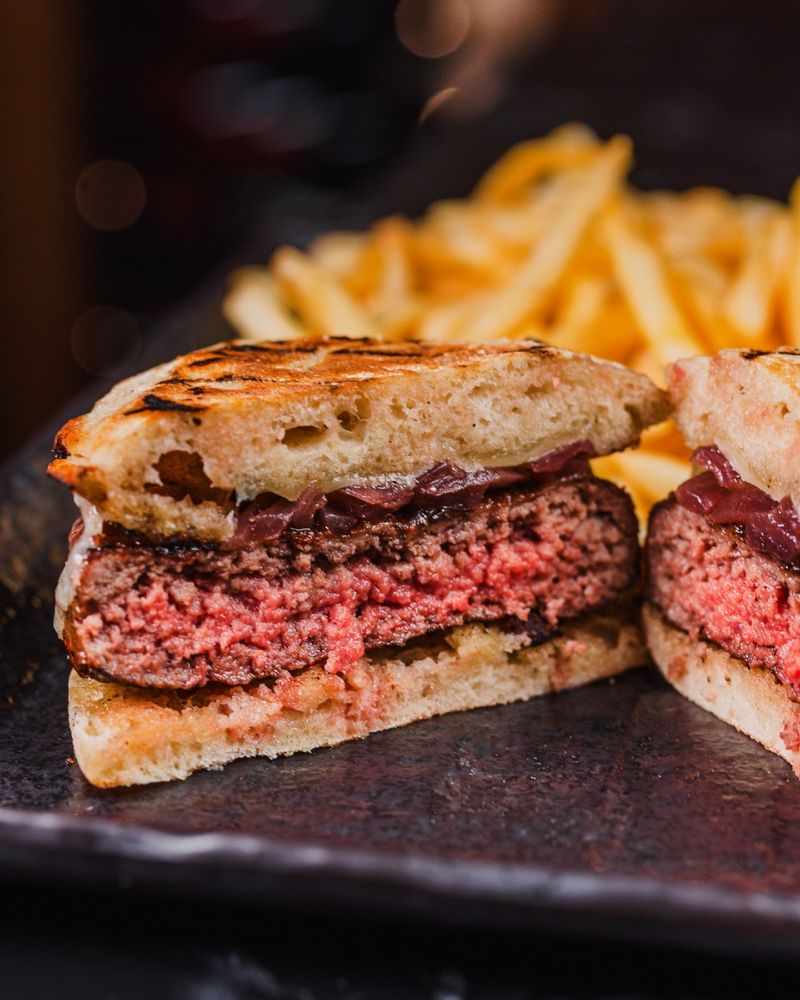
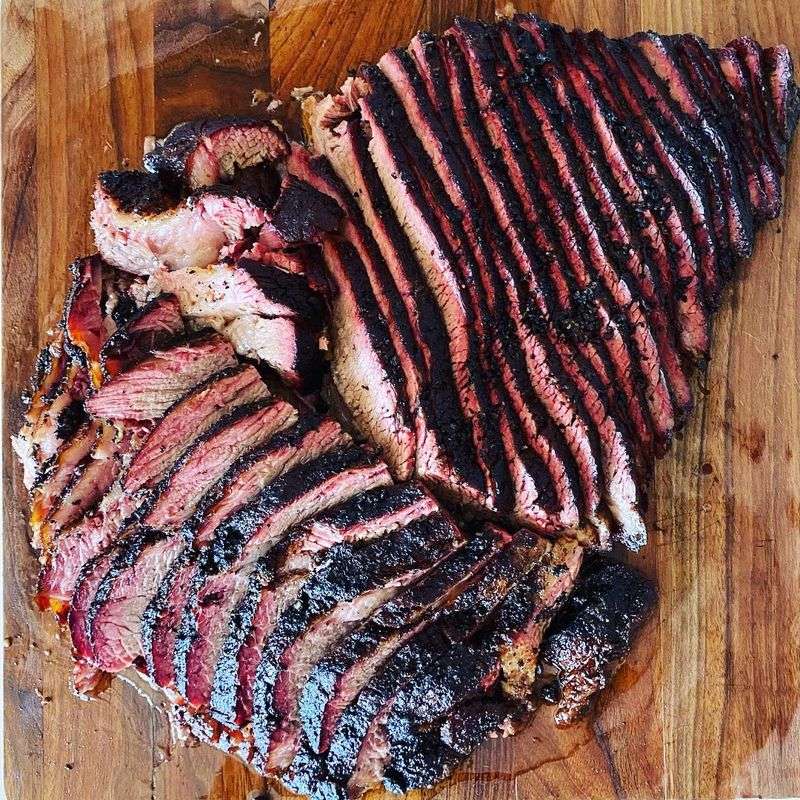
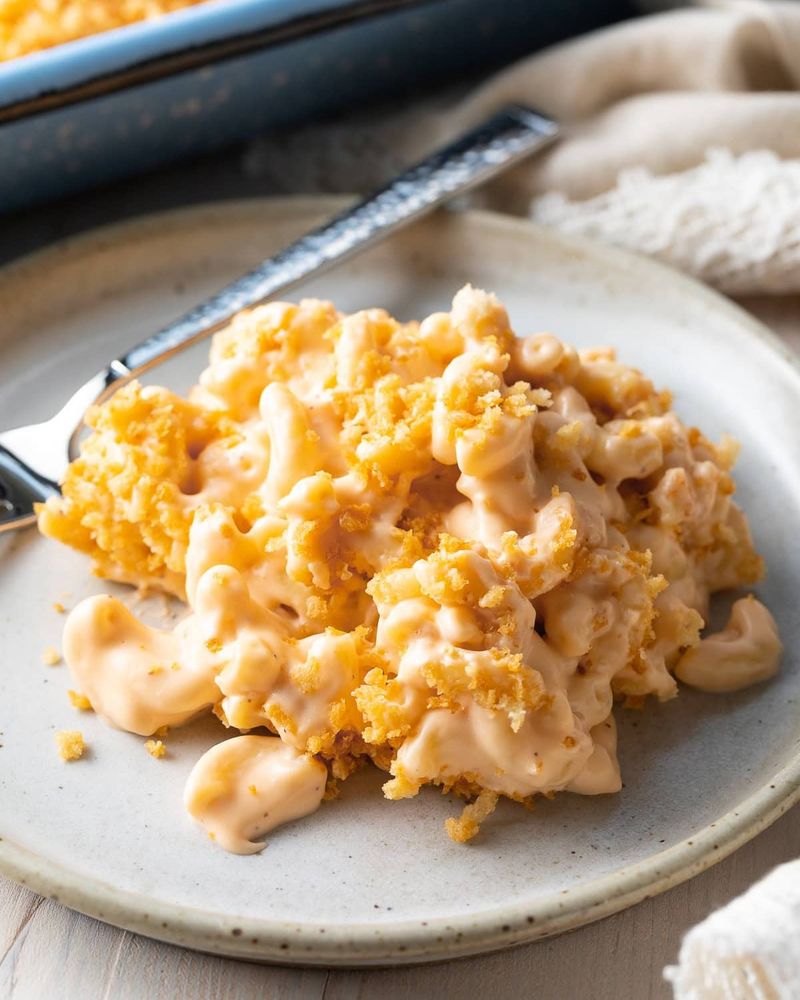
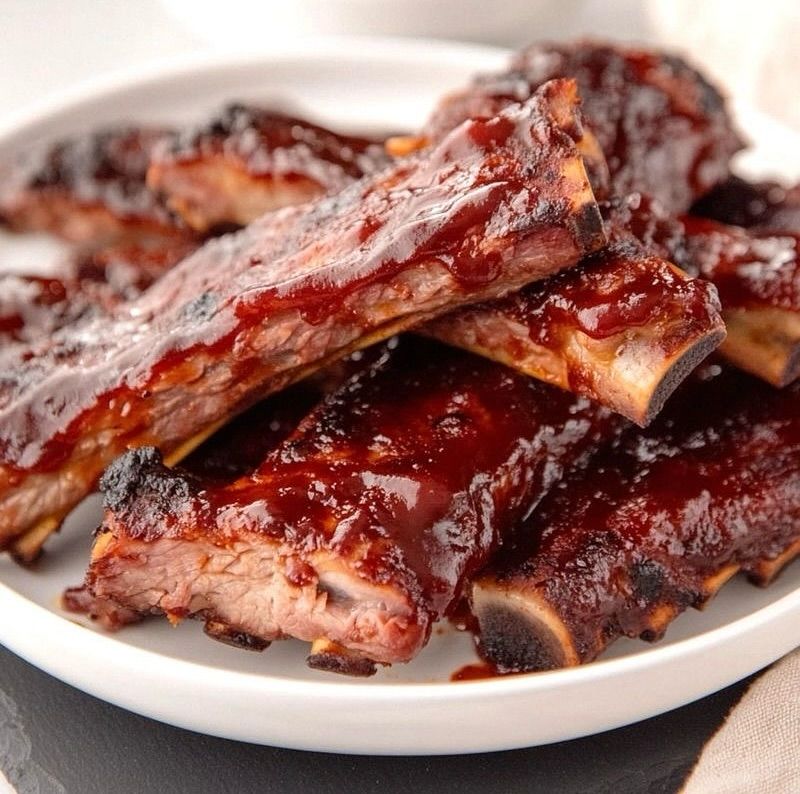
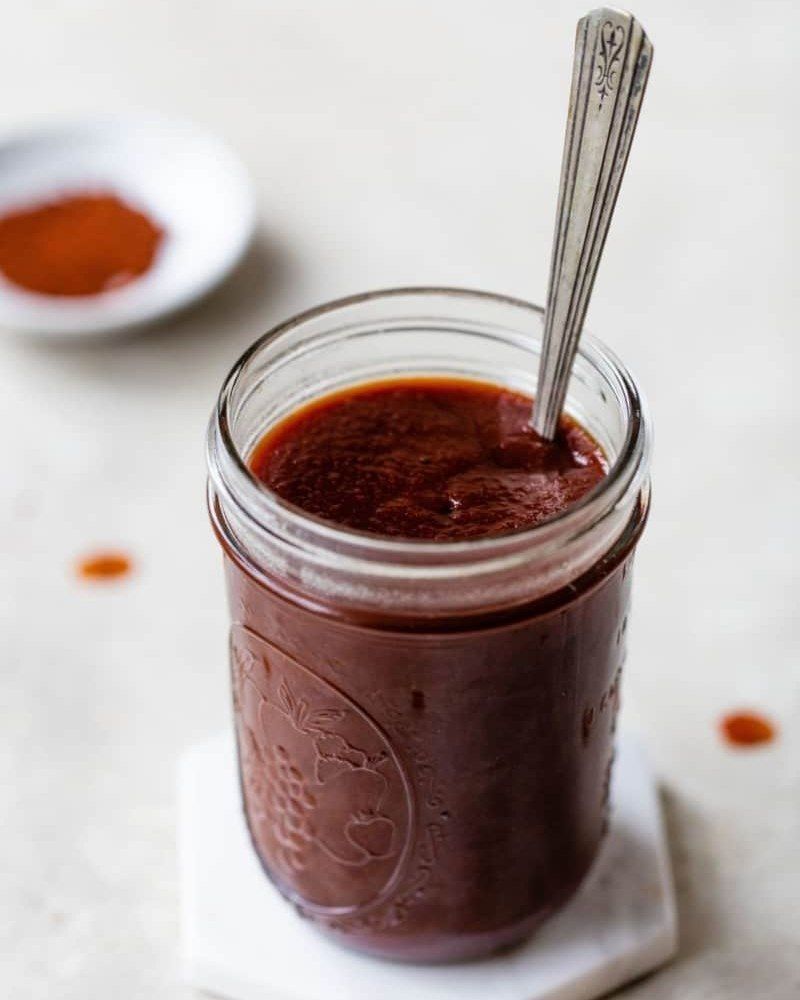
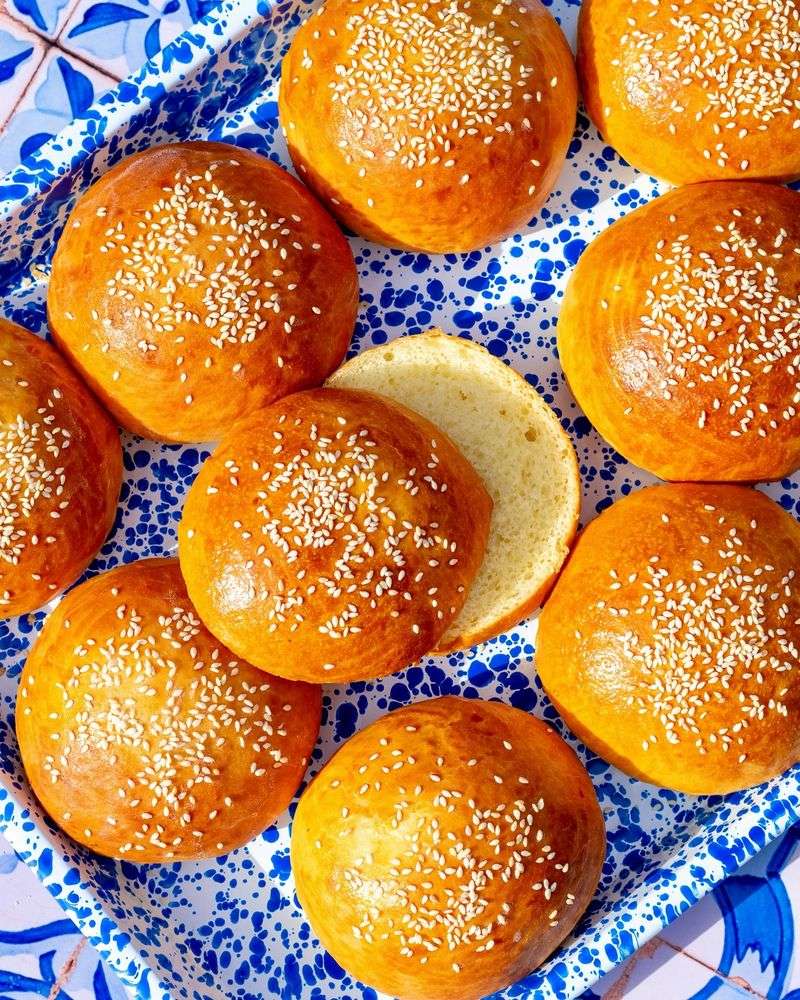
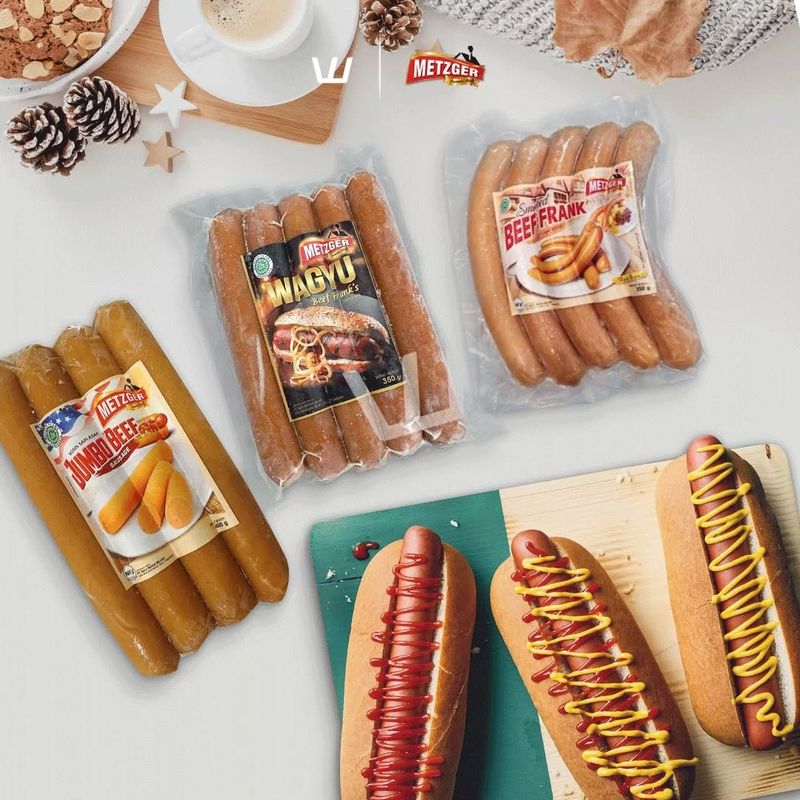
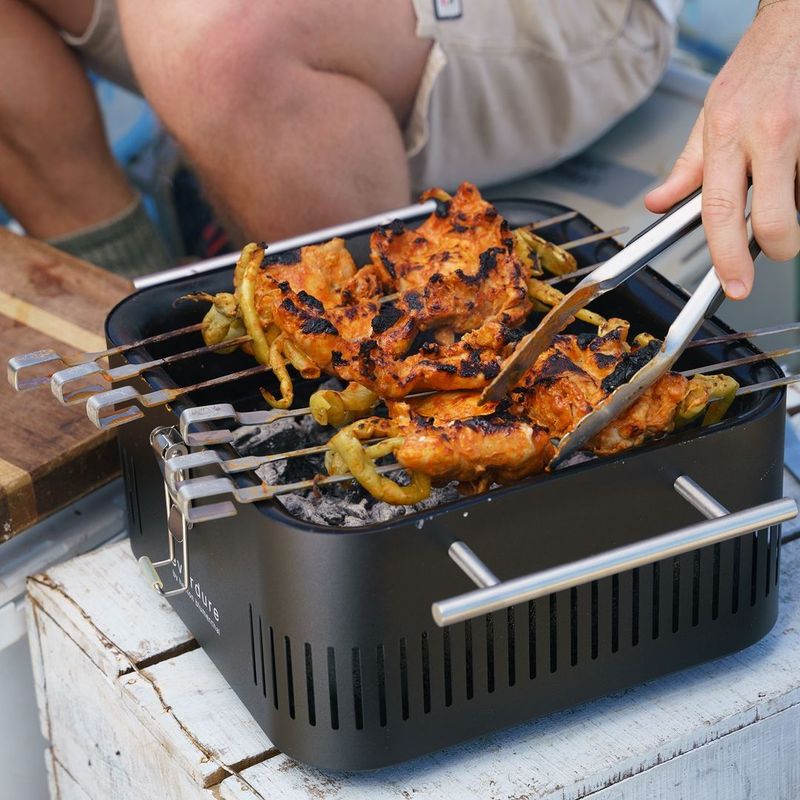
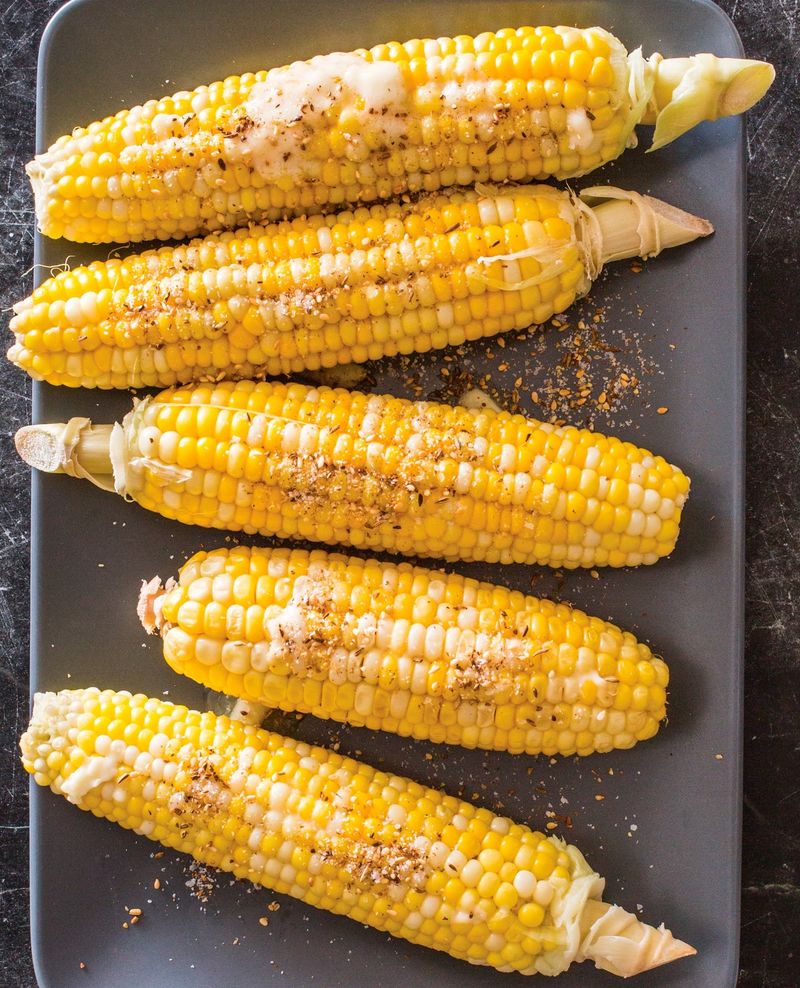
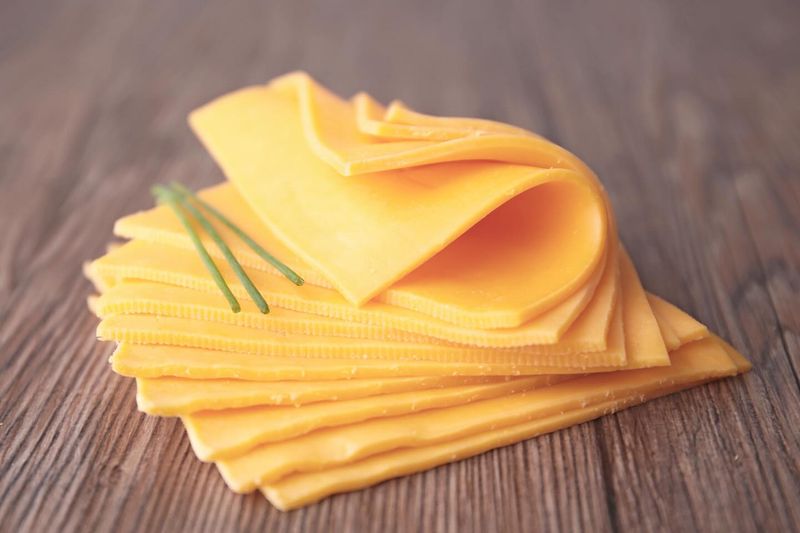
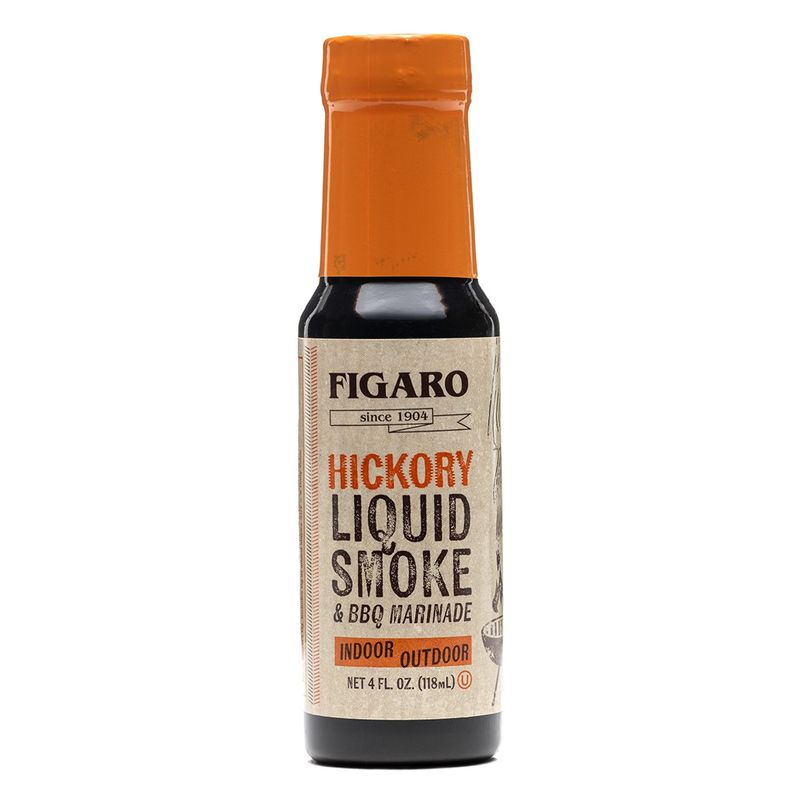
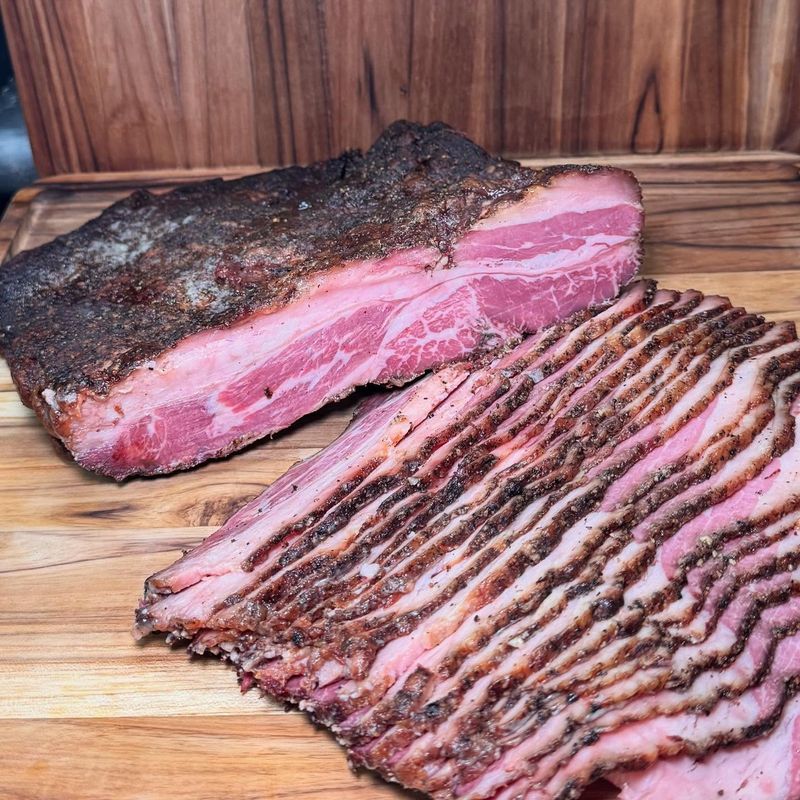
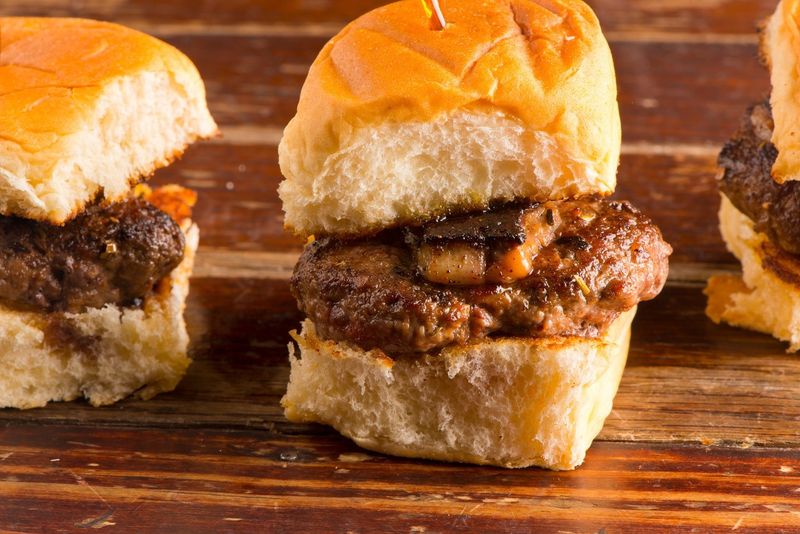
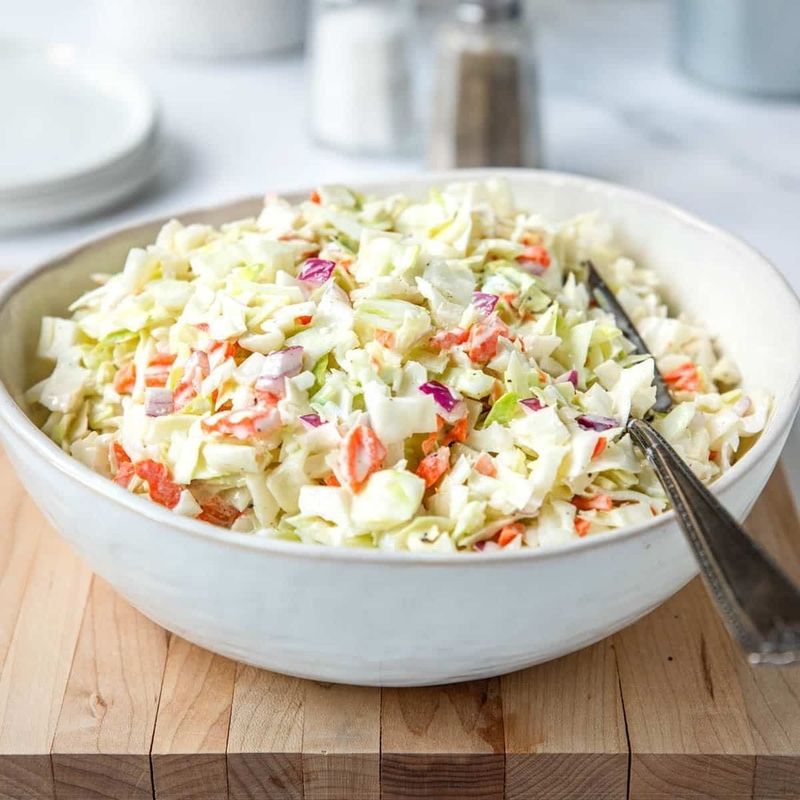
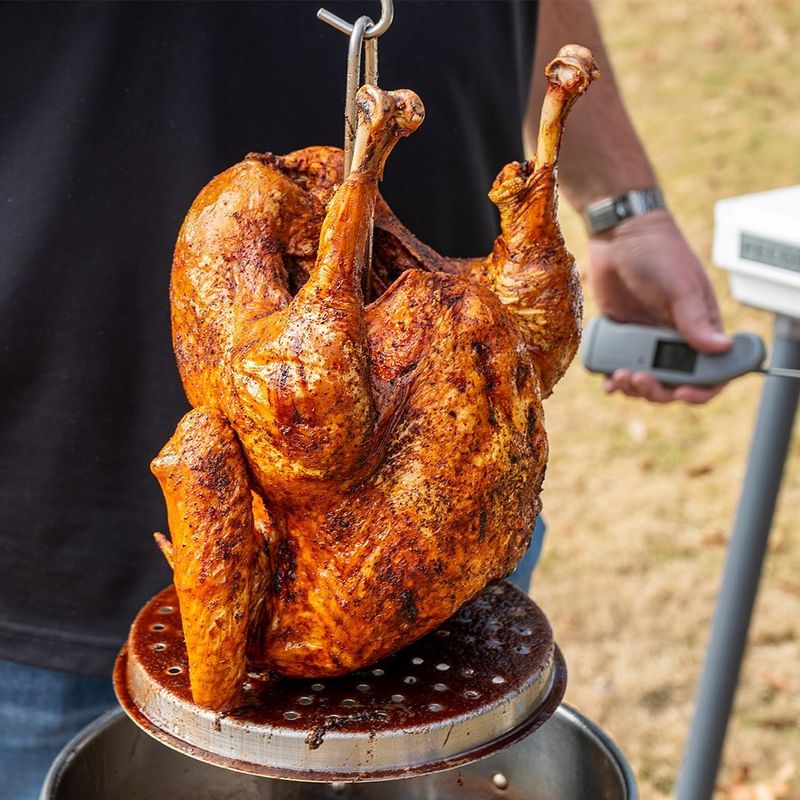
Leave a comment